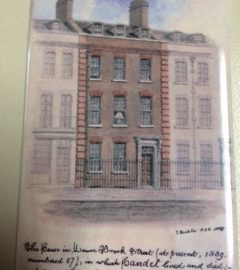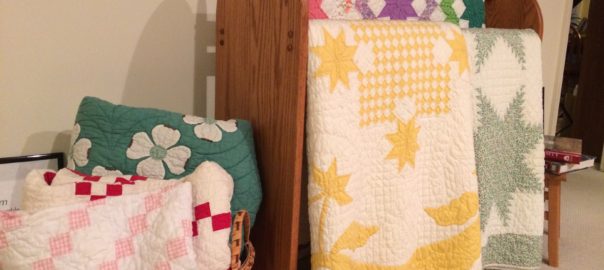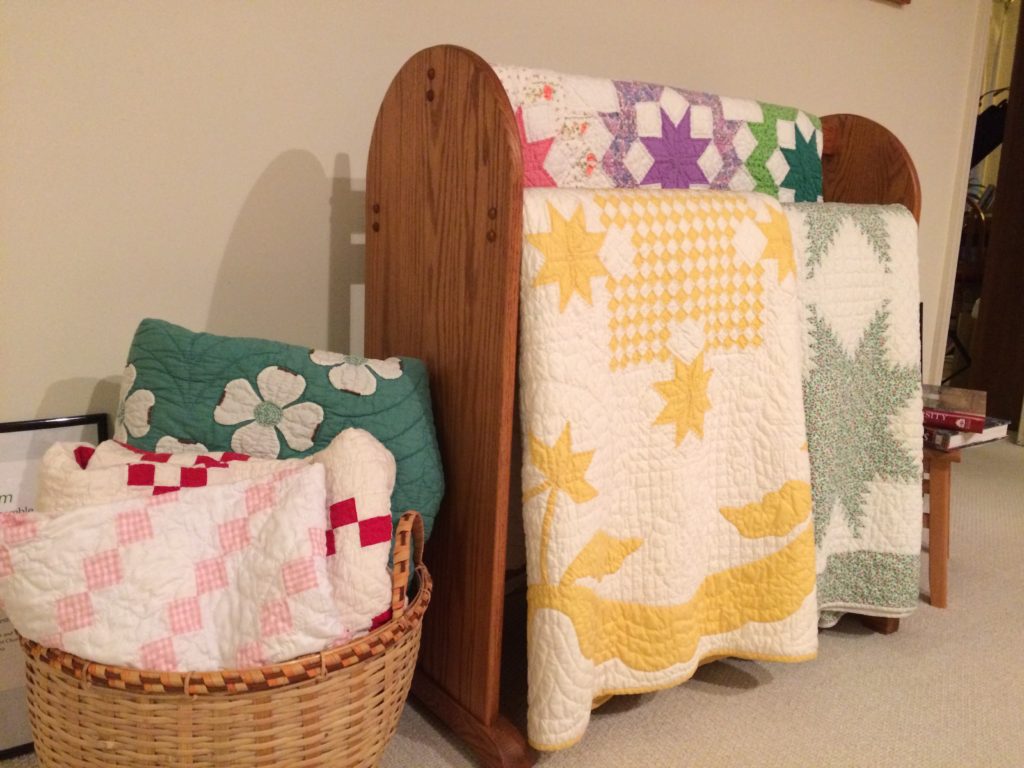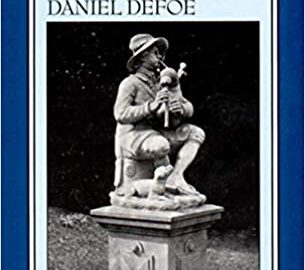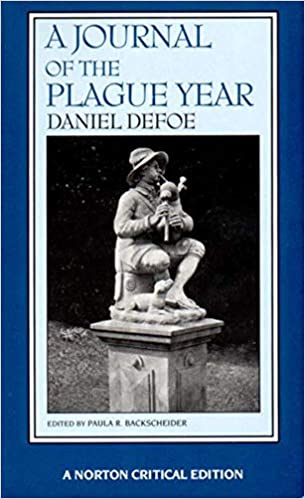Handel blog 9*
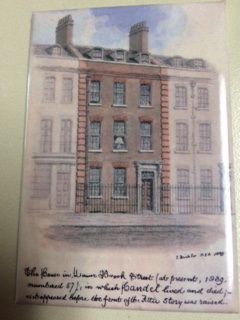
From Katherine: Recently one of the Met’s great sopranos, Joyce DiDonato, who had performed in Handel’s Agrippina, was forced to abandon rehearsals for Massenet’s Werner as the coronavirus swept through New York City. She and her co-star, Piotr Beczala, performed arias from Werner in DiDonato’s apartment living room. You can see some of that performance here. It reminded me of one of Lydia’s comments in a letter to Handel. She wrote: I”I especially appreciate your inviting me to the Messiah rehearsal at Brook Street.” (p. 447) Brook Street was, of course, Handel’s home, and he frequently held rehearsals in his music room rather than at the concert halls where the public performances would occur. If you remember from the movie The Great Mr. Handel, they include a scene in which Susannah Cibber supposedly sings the aria “Ombra mia fu” in Handel’s parlor. That aria was sung by Xerxes, not the soprano lead, but no matter. If you want to watch the movie, you can find it here.
From Alison: There have, even more generally, been some creative online activities in response to this pandemic. With everyone sheltering in place and so many musicians cut off from opportunities to rehearse or perform, there have been many creative online presentations, some individual but some amazingly collaborative. People are finding they can get together online and still make music. You can read just one of the many articles about this recent phenomenon here.
From CD: Yes, people have had to be resourceful in figuring out ways to keep the music going. I know a lot of students in the music school here at IU were especially worried about practicing if they had no access to, say, a piano. I read an interesting article in the local paper about one solution to the problem. You can read about it here.
From Katherine: You can tour Handel’s house on Brook Street and see where he held these rehearsals—or at least you could before this coronavirus hit. But you can read about it here. Until next time, everyone, stay safe.
*All posts listed as “Handel blog” are texts that use the fictional characters in my book The Handel Letters: A Biographical Conversation. As in that book, the posts will often reference things from Handel’s life or time period as starting points. And the post will cite a page or paragraph in the book when it seems relevant. Find The Handel Letters.
